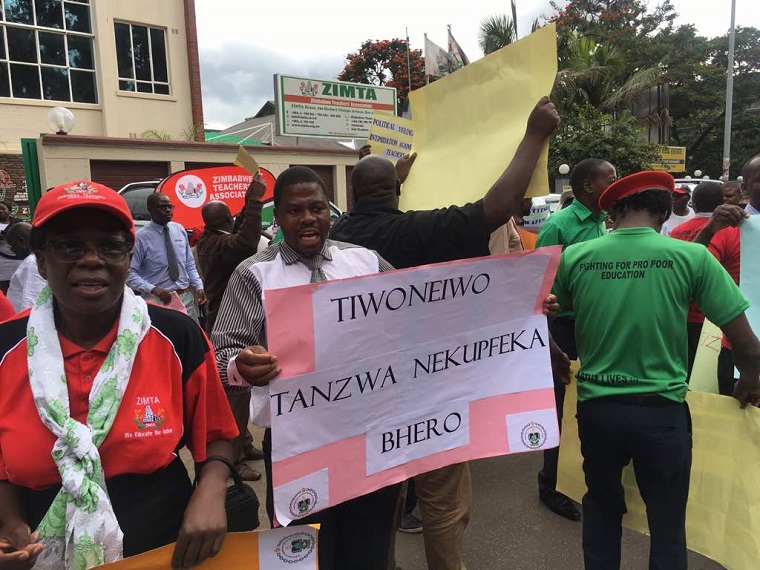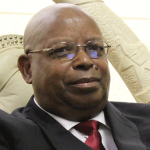 Zimbabweans have urged the government to pay civil servants, particularly teachers, salaries that are in line with the poverty datum line.
Zimbabweans have urged the government to pay civil servants, particularly teachers, salaries that are in line with the poverty datum line.
This was told to Parliament’s Portfolio Committee on Budget, Finance and Economic Development during post budget feedback meetings held across the country from 26-30 April.
According to the committee’s report presented in Parliament yesterday, the meetings were in response to an outcry from stakeholders and members of the public that their recommendations during budget consultations were not taken on board.
Members of the committee were split into four teams and visited the following centres: Mvurwi, Chiweshe, Mt Darwin, Mahusekwa, St Mary’s, Chitungwiza, Mutoko, Harare, Karoi, Gokwe, Mberengwa, Shurugwi, Chachacha, Hwange, Inyathi, Plumtree, Murambinda, Zimunya, Chiredzi and Chivi.
The committee said it visited 21 centres but only 20 were listed.
According to the committee, the majority of participants said there was an urgent need to address the plight of civil servants, particularly the teachers so that they return to class.
They proposed that civil service salaries be addressed as a matter of urgency, with their salaries pegged in line with the poverty datum line.
The PDL was $5 771 per person in May translating to $34 626 for an average family of six, which is: father, mother and four children.
Some civil servants are getting half this.
Teachers’ unions have been calling for a minimum salary of US$520 which translates to $44 418 at the current auction rate.
The participants told the committee that apart from salaries, the budget should address the housing needs of primary and secondary school teachers.
There was also need to refurbish houses for rural teachers and to construct new ones.
The participants urged the government to recruit qualified ECD teachers in rural areas and to provide transport for headmasters in rural schools because they were seen using public transport carrying examination papers from district offices to their respective schools.
(242 VIEWS)

